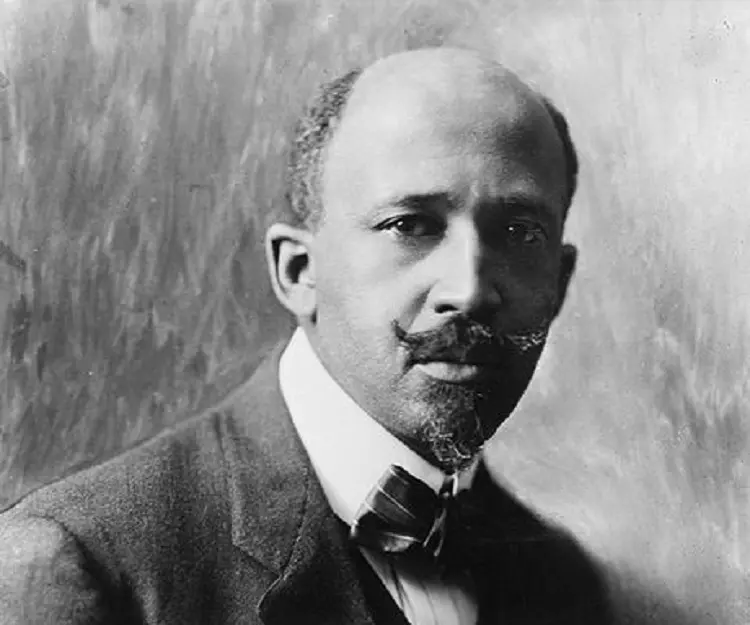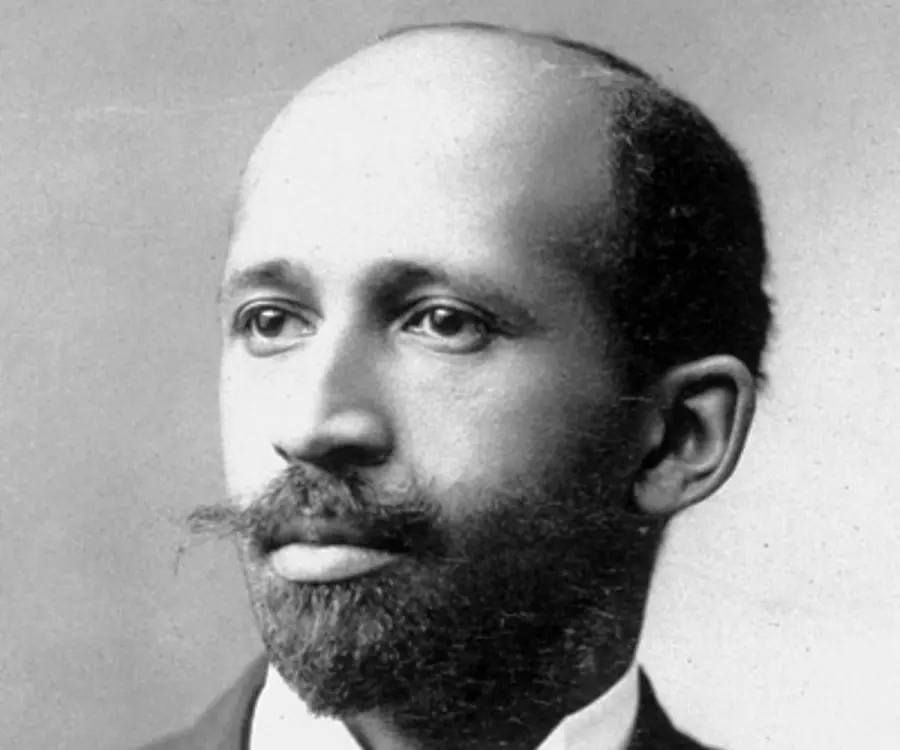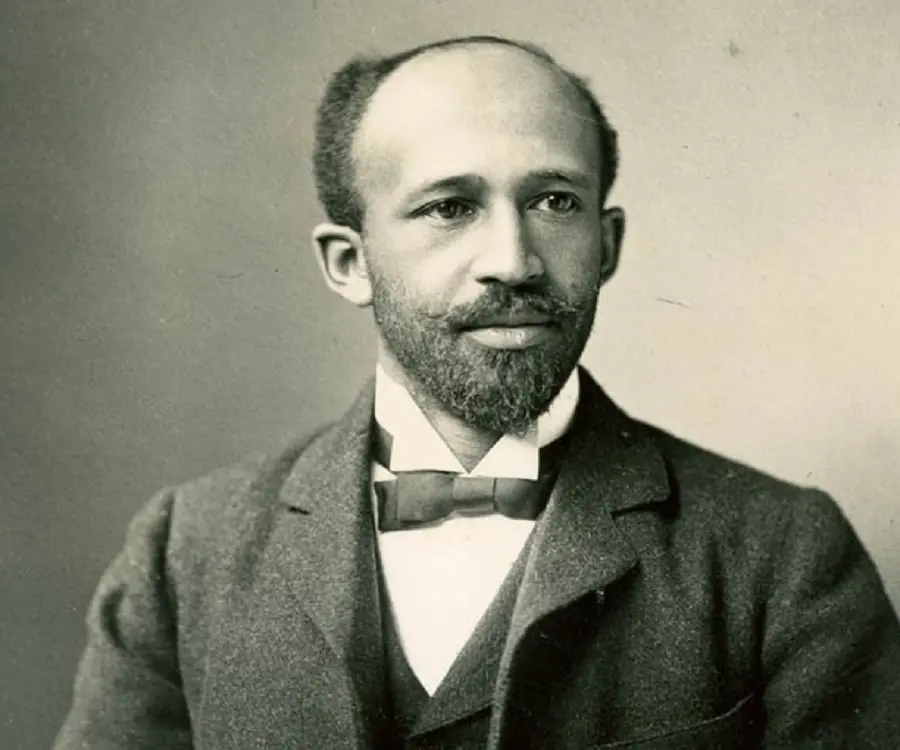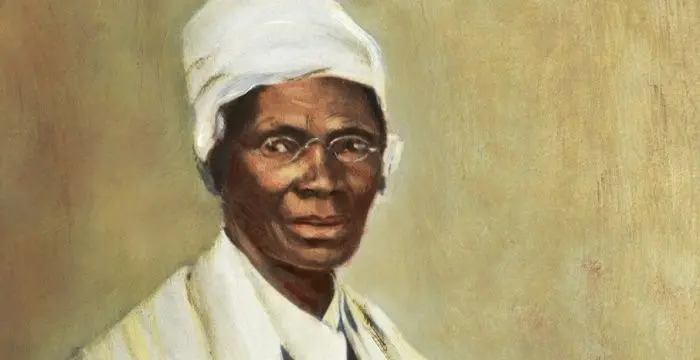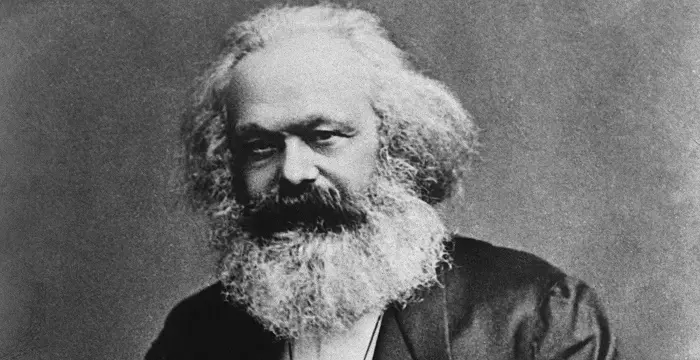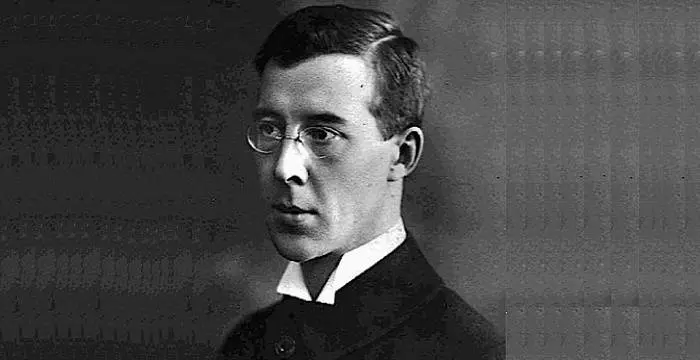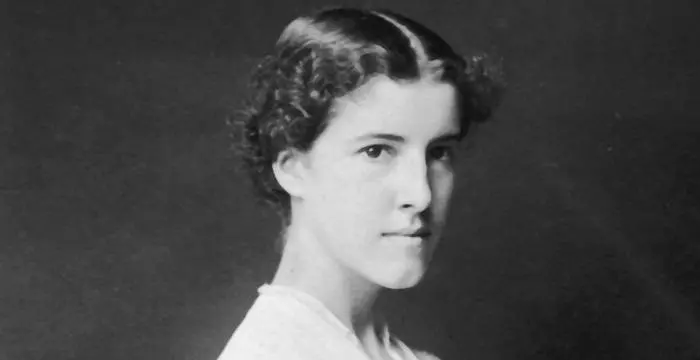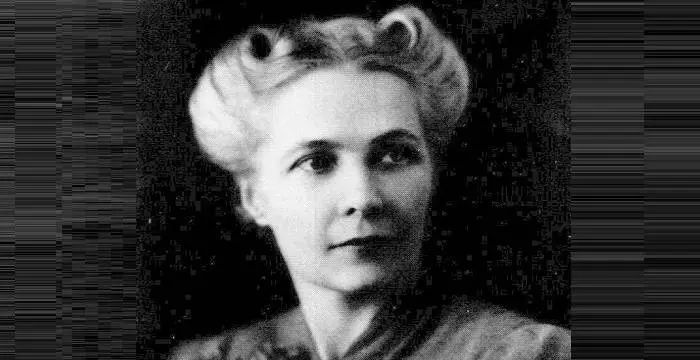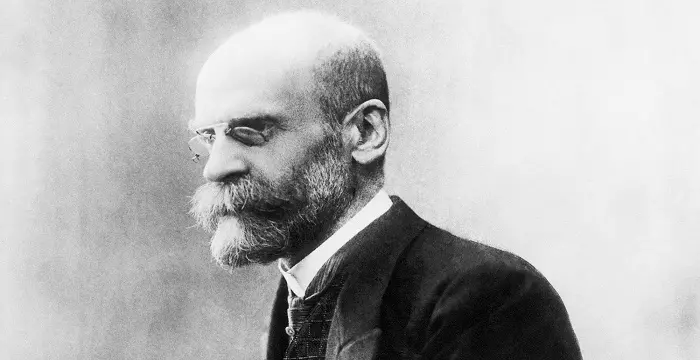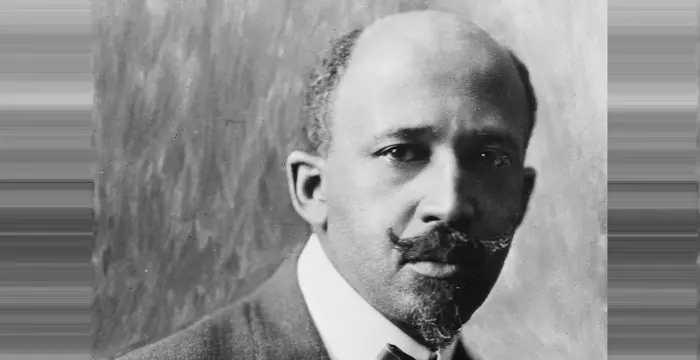
W. E. B. Du Bois - African American Men, Career and Childhood
W. E. B. Du Bois's Personal Details
W.E.B
| Information | Detail |
|---|---|
| Birthday | February 23, 1868 |
| Died on | August 27, 1963 |
| Nationality | Ghanaian |
| Famous | African American Authors, Black Authors, Communists, Harvard University, Civil Rights Activists, Sociologists, Media Personalities, Editors, African American Men |
| Ideologies | Communists |
| City/State | Massachusetts |
| Spouses | Nina Gomer Du Bois, Shirley Graham Du Bois |
| Known as | W.E.B. DuBois, W. E. B. Du Bois, W.E.B. Du Bois |
| Universities |
|
| Notable Alumnis |
|
| Founder / Co-Founder |
|
| Birth Place | Great Barrington |
| Gender | Male |
| Father | Alfred Du Bois |
| Mother | Mary Silvina Du Bois |
| Sun Sign | Pisces |
| Born in | Great Barrington |
| Famous as | Civil Rights Activists |
| Died at Age | 95 |
// Famous African American Men
Snoop Dogg
Snoop Dogg is an American rapper and actor who emerged as one of the best-known figures in gangsta rap during the 1990s. This biography of Snoop Dogg provides detailed information about his childhood, life, achievements, works & timeline
Sugar Ray Leonard
Sugar Ray Leonard, is a legendary boxer, who won world titles in five different weight classes. This biography provides detailed information about his childhood, life, works, achievements and timeline.
Spike Lee
Spike Lee is an Emmy Award winning film director and actor known for his films that deal with controversial subjects like racism and politics. This biography of Spike Lee provides detailed information about his life, achievements, works & timeline.
W. E. B. Du Bois's photo
Who is W. E. B. Du Bois?
W.E.B. Du Bois was an American sociologist and civil rights activist who rose to prominence as the leader of the Niagara Movement. One of the most significant African-American activists during the first half of the 20th century, he was one of the co-founders of the National Association for the Advancement of Colored People (NAACP) in 1909. Born in Great Barrington, Massachusetts, as a boy of mixed racial heritage, he grew up in a relatively tolerant community and attended school with white children and received considerable support from white teachers. A good student, he performed well academically and went on to pursue higher education from the University of Berlin and Harvard, and became the first African American to earn a doctorate. He accepted a teaching job at Wilberforce University in Ohio and developed a keen interest in sociology. He conducted research on the treatment of blacks in the America and published the first case study of a black community in the United States. He soon ventured into civil rights activism and went on to become the leader of the Niagara Movement, campaigning for equal rights for blacks. As an activist, he also played a prominent part in the creation of the National Association for the Advancement of Colored People (NAACP) and became the association’s director of research and editor of its magazine, ‘The Crisis’.
// Famous African American Authors
Sojourner Truth
Sojourner truth was an African American abolitionist who was the first black woman to win a case against a white man. This biography provides detailed information about her childhood, life, achievements, works & timeline.
Oprah Winfrey
A famous American talk show host, actress, producer and philanthropist, Oprah Winfrey is most renowned for ‘The Oprah Winfrey Show’. To know more about her childhood, career, profile and timeline read on
August Wilson
August Wilson is a Pulitzer Prize winning play writer, who is known to have authored the ten play series, The Pittsburgh Cycle. Read this biography to learn more about his childhood, profile, life and timeline.
Childhood & Early Life
William Edward Burghardt Du Bois was born on February 23, 1868, in Great Barrington, Massachusetts to Alfred and Mary Silvina Du Bois. He was of mixed race, and identified himself as a “mulatto”. His father left the family when William was just two years old, and his mother moved in with her parents.
The community he grew up in was a relatively tolerant one. He attended a local integrated public school where he became friends with white students. He was a bright young boy and his talents were duly recognized by his white teachers. Still, as a person of mixed race, he was subjected to some racism.
He moved to Nashville, Tennessee, in 1885 to attend Fisk University from where he earned his bachelor’s degree. It was here that he became aware of the rampant racism that blacks faced and was deeply disturbed by the incidents of bigotry, lynching and suppression of black rights.
He attended Harvard College from 1888 to 1890 and earned a second bachelor's degree, cum laude, in history. As he hailed from a modest background, he had to pay for his education by working in summer jobs and borrowing funds from friends.
He excelled in studies and received a fellowship from the John F. Slater Fund for the Education of Freedmen to attend the University of Berlin for graduate work in 1892. He travelled extensively while studying at Berlin, and studied with some of the country’s most prominent social scientists, including Gustav von Schmoller, Adolph Wagner, and Heinrich von Treitschke.
In 1895, he became the first African American to earn a Ph.D. from Harvard University, and his doctoral dissertation, ‘The Suppression of the African Slave-Trade to the United States of America, 1638–1870’, was published in 1896.
Career
W.E.B. Du Bois accepted a teaching job at Wilberforce University in Ohio where he became acquainted with Alexander Crummell, who believed that ideas and morals are necessary tools to effect social change.
From Wilberforce he moved to the University of Pennsylvania as an "assistant in sociology" in 1896 and performed sociological field research in Philadelphia's African-American neighborhoods.
He became a professor of history and economics at the Atlanta University in Georgia in 1897. There he published the first case study of an African-American community, ‘The Philadelphia Negro: A Social Study’ (1899), which was based on the field work he did in 1896–1897.
He proved to be a prolific writer and published several papers over the ensuing years. He also emerged as a prominent voice of the African-American community in early 20th century, next only to Booker T. Washington who was the director of the Tuskegee Institute in Alabama.
The two men, however, had different ideologies regarding civil rights activism, and when Washington proposed the Atlanta Compromise, Du Bois and several others like Archibald H. Grimke, Kelly Miller, James Weldon Johnson and Paul Laurence Dunbar vehemently opposed him.
In 1903, he published ‘The Souls of Black Folk’ which went on to be considered a seminal work in the history of sociology. The book contains several essays on race, many of them covering Du Bois’ own experiences as an African-American in the American society.
Du Bois teamed up with several other African-American civil rights activists like Jesse Max Barber and William Monroe Trotter, and held a conference in Canada, near Niagara Falls. The meeting marked the beginning of what was incorporated as the Niagara Movement in 1906. This new movement opposed the Atlanta Compromise and called for full and equal rights in every realm of a black person's life.
He attended the National Negro Conference in New York in May 1909 following which the National Negro Committee was created. The committee was dedicated to campaigning for civil rights, equal voting rights, and equal educational opportunities. In 1910, the attendees formed the National Association for the Advancement of Colored People (NAACP).
Du Bois soon took up the position of Director of Publicity and Research in NAACP after resigning from the Atlanta University. In this position, he edited the association’s monthly magazine, ‘The Crisis’ which became phenomenally successful and reached a circulation of 100,000 in 1920.
As the editor of ‘The Crisis’, he wrote many hard-hitting articles calling for equal rights for not just the blacks, but also the women. He encouraged the development of black literature and urged the blacks to develop a separate “group economy” as a tool for fighting economic discrimination and black poverty. While his radical ideologies made him immensely popular as a powerful voice for black rights, it also led to numerous ideological clashes within NAACP. He eventually resigned from the editorship of ‘The Crisis’ and the NAACP in 1934.
He then returned to the Atlanta University and spent the next several years teaching. He published numerous literary works during the 1930s and 1940s, and returned to the NAACP in a research position in 1944.
Major Works
Du Bois was a prolific author and one of his best known works is the ‘The Souls of Black Folk’, considered to be a seminal work in the history of sociology. One of the early works in the field of sociology, it contains several essays on the basic rights of the blacks, including right to vote, the right to a good education, and to be treated with equality and justice.
He was the editor of ‘The Crisis’, the highly successful official magazine of the NAACP. Primarily a current-affairs journal, ‘The Crisis’ also included poems, reviews, and essays on culture and history. For as long as he was the editor, the journal published the work of many young African-American writers associated with the Harlem Renaissance.
Awards & Achievements
The NAACP awarded the Spingarn Medal to Du Bois in 1920.
He was awarded the International Lenin Peace Prize by the USSR in 1959.
Personal Life & Legacy
W.E.B. Du Bois married Nina Gomer on May 12, 1896. The couple was blessed with two children. Nina died in 1950.
He married Shirley Graham, an author, playwright, composer and activist, in 1951. Shirley had a son from a previous relationship, David. Some historians allege that Du Bois also had several extramarital relationships.
W.E.B. Du Bois moved to Ghana in his later years, and died on August 27, 1963, at the age of 95, and still active in his work.
// Famous Media Personalities
Wanda Nara
Wanda Nara is an Argentine model, reality personality, and football agent, more famous as the wife of Argentine football player Mauro Icardi.
Melinda Farrell
Melinda Farrell is an internationally renowned sports anchor and freelance sports reporter. This biography profiles her childhood, life, career, achievements, and some facts.
Art Bell
Art Bell was an American broadcaster and author, known as ‘The King of Late Night Radio.’ Check out this biography to know more about his childhood, family, personal life, career, etc.
W. E. B. Du Bois's awards
| Year | Name | Award |
|---|---|---|
Other | ||
| 0 | 1920 - Spingarn Medal | |
| 0 | 1959 - Lenin Peace Prize | |
W. E. B. Du Bois biography timelines
- // 23rd Feb 1868William Edward Burghardt Du Bois was born on February 23, 1868, in Great Barrington, Massachusetts to Alfred and Mary Silvina Du Bois. He was of mixed race, and identified himself as a “mulatto”. His father left the family when William was just two years old, and his mother moved in with her parents.
- // 1885He moved to Nashville, Tennessee, in 1885 to attend Fisk University from where he earned his bachelor’s degree. It was here that he became aware of the rampant racism that blacks faced and was deeply disturbed by the incidents of bigotry, lynching and suppression of black rights.
- // 1888 To 1890He attended Harvard College from 1888 to 1890 and earned a second bachelor's degree, cum laude, in history. As he hailed from a modest background, he had to pay for his education by working in summer jobs and borrowing funds from friends.
- // 1892He excelled in studies and received a fellowship from the John F. Slater Fund for the Education of Freedmen to attend the University of Berlin for graduate work in 1892. He travelled extensively while studying at Berlin, and studied with some of the country’s most prominent social scientists, including Gustav von Schmoller, Adolph Wagner, and Heinrich von Treitschke.
- // 1895In 1895, he became the first African American to earn a Ph.D. from Harvard University, and his doctoral dissertation, ‘The Suppression of the African Slave-Trade to the United States of America, 1638–1870’, was published in 1896.
- // 1896From Wilberforce he moved to the University of Pennsylvania as an "assistant in sociology" in 1896 and performed sociological field research in Philadelphia's African-American neighborhoods.
- // 12th May 1896 To 1950W.E.B. Du Bois married Nina Gomer on May 12, 1896. The couple was blessed with two children. Nina died in 1950.
- // 1897He became a professor of history and economics at the Atlanta University in Georgia in 1897. There he published the first case study of an African-American community, ‘The Philadelphia Negro: A Social Study’ (1899), which was based on the field work he did in 1896–1897.
- // 1903In 1903, he published ‘The Souls of Black Folk’ which went on to be considered a seminal work in the history of sociology. The book contains several essays on race, many of them covering Du Bois’ own experiences as an African-American in the American society.
- // 1906Du Bois teamed up with several other African-American civil rights activists like Jesse Max Barber and William Monroe Trotter, and held a conference in Canada, near Niagara Falls. The meeting marked the beginning of what was incorporated as the Niagara Movement in 1906. This new movement opposed the Atlanta Compromise and called for full and equal rights in every realm of a black person's life.
- // May 1909 To 1910He attended the National Negro Conference in New York in May 1909 following which the National Negro Committee was created. The committee was dedicated to campaigning for civil rights, equal voting rights, and equal educational opportunities. In 1910, the attendees formed the National Association for the Advancement of Colored People (NAACP).
- // 1920Du Bois soon took up the position of Director of Publicity and Research in NAACP after resigning from the Atlanta University. In this position, he edited the association’s monthly magazine, ‘The Crisis’ which became phenomenally successful and reached a circulation of 100,000 in 1920.
- // 1920The NAACP awarded the Spingarn Medal to Du Bois in 1920.
- // 1934As the editor of ‘The Crisis’, he wrote many hard-hitting articles calling for equal rights for not just the blacks, but also the women. He encouraged the development of black literature and urged the blacks to develop a separate “group economy” as a tool for fighting economic discrimination and black poverty. While his radical ideologies made him immensely popular as a powerful voice for black rights, it also led to numerous ideological clashes within NAACP. He eventually resigned from the editorship of ‘The Crisis’ and the NAACP in 1934.
- // 1944He then returned to the Atlanta University and spent the next several years teaching. He published numerous literary works during the 1930s and 1940s, and returned to the NAACP in a research position in 1944.
- // 1951He married Shirley Graham, an author, playwright, composer and activist, in 1951. Shirley had a son from a previous relationship, David. Some historians allege that Du Bois also had several extramarital relationships.
- // 1959He was awarded the International Lenin Peace Prize by the USSR in 1959.
- // 27th Aug 1963W.E.B. Du Bois moved to Ghana in his later years, and died on August 27, 1963, at the age of 95, and still active in his work.
// Famous Sociologists
Emily Greene Balch
Emily Greene Balch was an American economist, sociologist and pacifist who won the 1946 Nobel Peace Prize. This biography of Emily Greene Balch provides detailed information about her childhood, life, achievements, works & timeline.
Karl Marx
Karl Marx was a Prussian-German philosopher, revolutionary, historian and socialist whose communist ideologies and works laid the foundation for ‘Marxism’. Explore this biography to learn more about his childhood, life achievements, works & timeline.
Pitirim Sorokin
Pitirim Sorokin was a Russian-American sociologist, professor, political activist, and a noted anti-communist advocate.
Charlotte Perkins Gilman
Charlotte Perkins Gilman was a famous American feminist, sociologist and novelist. Go through this biography to learn more about her profile, childhood, life and timeline.
Alva Myrdal
Alva Myrdal was a Swedish politician, diplomat and sociologist, best remembered as the winner of 1982 Nobel Prize for Peace. This biography of Alva Myrdal provides detailed information about her childhood, life, achievements, works & timeline.
Emile Durkheim
Émile Durkheim was a famous French philosopher and sociologist. This biography profiles his childhood, career, works, achievements, trivia and timeline.
W. E. B. Du Bois's FAQ
What is W. E. B. Du Bois birthday?
W. E. B. Du Bois was born at 1868-02-23
When was W. E. B. Du Bois died?
W. E. B. Du Bois was died at 1963-08-27
Where was W. E. B. Du Bois died?
W. E. B. Du Bois was died in Accra
Which age was W. E. B. Du Bois died?
W. E. B. Du Bois was died at age 95
Where is W. E. B. Du Bois's birth place?
W. E. B. Du Bois was born in Great Barrington
What is W. E. B. Du Bois nationalities?
W. E. B. Du Bois's nationalities is Ghanaian
What is W. E. B. Du Bois ideologies?
W. E. B. Du Bois's ideologies is Communists
Who is W. E. B. Du Bois spouses?
W. E. B. Du Bois's spouses is Nina Gomer Du Bois, Shirley Graham Du Bois
What was W. E. B. Du Bois universities?
W. E. B. Du Bois studied at Harvard University, Harvard University, Fisk University, Humboldt University of Berlin, Harvard College
What was W. E. B. Du Bois notable alumnis?
W. E. B. Du Bois's notable alumnis is Harvard University
Which company or organization was founded by W. E. B. Du Bois?
W. E. B. Du Bois was the founder/co-founder of National Association for the Advancement of Colored People, Niagara Movement
Who is W. E. B. Du Bois's father?
W. E. B. Du Bois's father is Alfred Du Bois
Who is W. E. B. Du Bois's mother?
W. E. B. Du Bois's mother is Mary Silvina Du Bois
What is W. E. B. Du Bois's sun sign?
W. E. B. Du Bois is Pisces
How famous is W. E. B. Du Bois?
W. E. B. Du Bois is famouse as Civil Rights Activists



